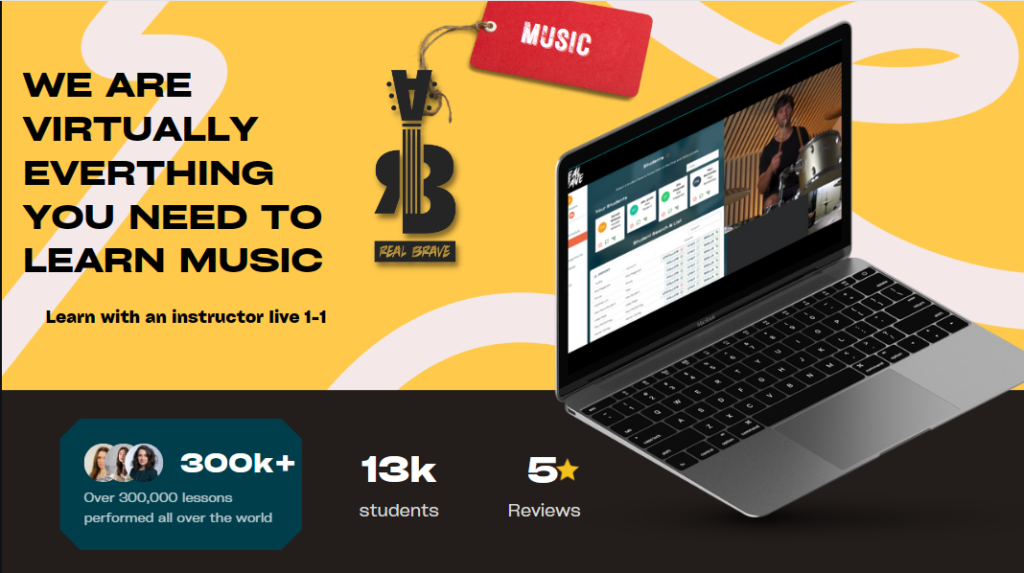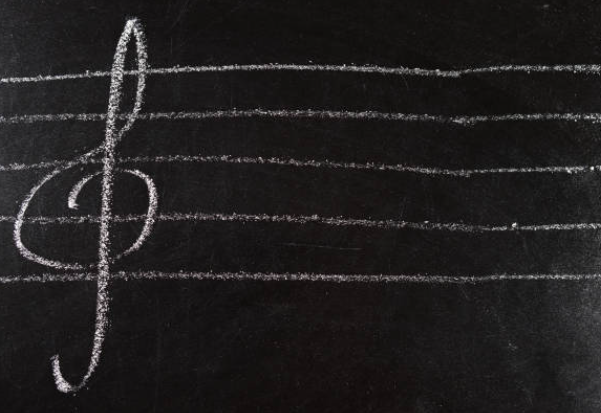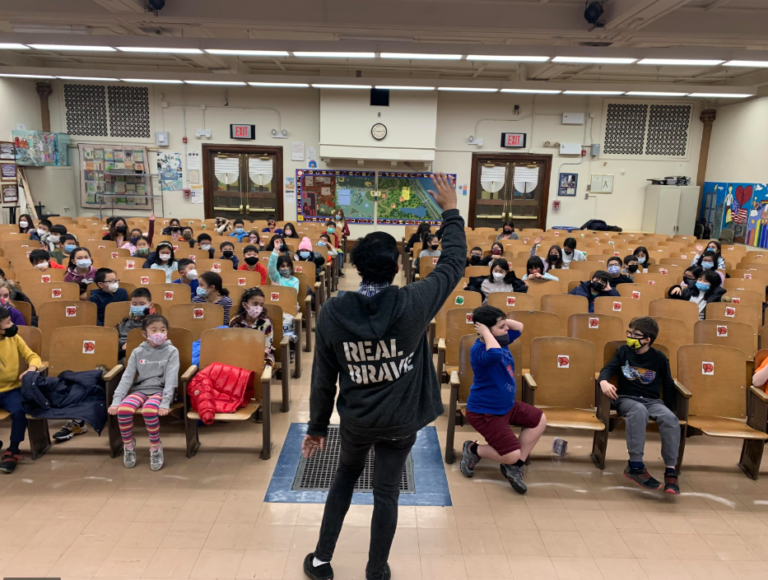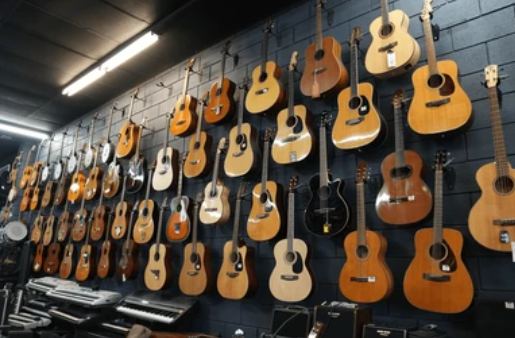The Beautiful Role Of Music In Managing Emotions
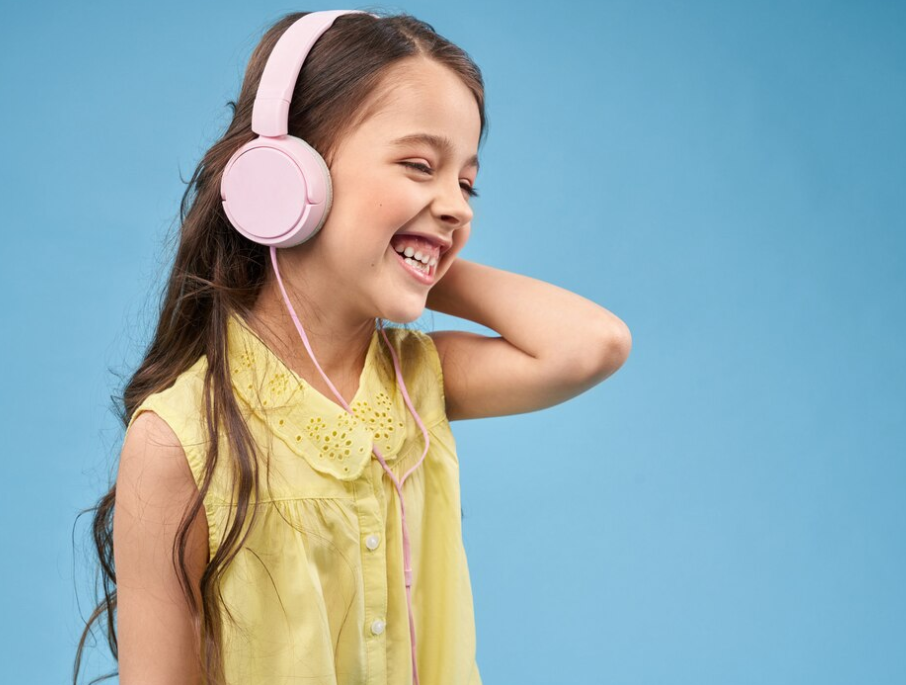
Music has the profound ability to penetrate our deepest selves, reaching areas that mere words cannot. It serves as a universal language that breaks down barriers, linking us through tunes, beats, and lyrics that echo our deepest emotions. In times of happiness, music heightens our joy, while in periods of sadness, it provides comfort, understanding, and healing. Music’s distinctive ability renders it an effective instrument for managing emotions or dealing with intense feelings.
Emotional regulation involves managing our emotions, determining when they occur, and controlling how we experience and express them. It’s a vital aspect of mental health that allows us to handle life’s challenges with resilience and poise. Music plays a significant role, not merely as an accompaniment to our experiences but as an active agent in our emotional lives.
The Calming Effect of Melodies
Melodies possess a unique charm that can quiet the mind and comfort the soul. Especially slow, soothing tunes are known to decrease heart rate, lower blood pressure, and reduce stress hormone levels, which is why such music is often played in spas. These melodies serve as an auditory salve that softens our emotional rough spots and ushers us into a more tranquil state of mind. These effects are not merely anecdotal; they are confirmed by scientific evidence.
The impact of music on our emotions is not just a matter of personal feeling; it is a fact supported by research. Scientific studies indicate that music can stimulate particular brain regions, such as the limbic system, which plays a significant role in our emotional processes. This stimulation helps regulate our emotions, aiding us in feeling more grounded and less consumed by powerful emotions.
Rhythm: The Pulse of Our Feelings
Rhythm is crucial in shaping our emotional response to music. The consistent beat of drums or the complex patterns of dance music can synchronize with our own biological rhythms, such as our heartbeat or breath. This synchronization can foster inner balance and harmony, helping to alleviate feelings of stress or restlessness. For many, actively participating in rhythmic activities such as drumming or dancing proves especially healing, providing a physical way to express emotions while also building connections and a sense of community with others.
Lyrics: Giving Voice to Our Emotions
Often, we struggle to express the emotions bubbling within us. Lyrics can bridge this gap, offering a powerful means to vocalize our deepest thoughts and feelings in ways we might not manage ourselves. This expression can be profoundly affirming and soothing, helping us feel acknowledged and comprehended. Additionally, singing along to these words can serve as a cathartic release, enabling us to vent emotions that we may have suppressed.
Personal Ties: The Musical Background of Our Existence
The songs we resonate with frequently become the background music of our lives, encapsulating key experiences and emotions. These personal ties imbue specific tracks or musical pieces with extraordinary potency in managing intense emotions. A tune linked to a joyous occasion can elevate our mood, whereas a melody we associate with a tough period can remind us of our endurance and resilience. It’s these individual soundtracks that often wield significant influence in guiding us through our emotional journeys.
Crafting and Distributing: Music as a Means of Expression
Not only is listening to music beneficial but creating and sharing music also serves as a powerful method for emotional management. Composing a song, playing an impromptu melody on an instrument, or merely humming can act as ways to process and express emotions. Moreover, sharing music—whether it involves performing for an audience or compiling a playlist for a friend—can enhance emotional connections with others, provide support, and cultivate empathy.
To wrap up, music serves as a versatile instrument for managing emotions, offering comfort, inspiration, and connection. Its power to align with our deepest sentiments, give voice to thoughts left unspoken, and unite us through common experiences renders it an essential companion in navigating the emotional terrains of life. So, when you find yourself wrestling with intense emotions, remember that music is always there, prepared to accompany you step by step, one note at a time.
If you’re interested in learning an instrument, at Real Brave, we offer an incredible experience like no other place in music lessons for kids and adults by guiding them from the beginning stages of getting to know an instrument all the way through performing for family and friends on stage. Our instructors come from all over the world, bringing extensive experience on a wide range of instruments. Click below and book a free lesson with us!
Author: Daniel Powers Jr, the founder of Real Brave™, serves as the chief inspiration to thousands of students in the Real Brave music instruction program. He’s also the visionary behind PracticePad™, an online platform for live one-on-one online music lessons, lesson tracking, and scheduling. Beyond his entrepreneurial pursuits, Daniel leads a non-profit organization that provides formerly homeless children with access to music education, making a profound impact on their lives. His unwavering dedication to music, innovation, and education continues to inspire individuals to reach their fullest potential while creating positive change in communities. Follow Real Brave on all the socials:
youtube.com/@realbraveinc
twitter.com/realbraveinc
instagram.com/realbraveaudio
facebook.com/realbraveinc
